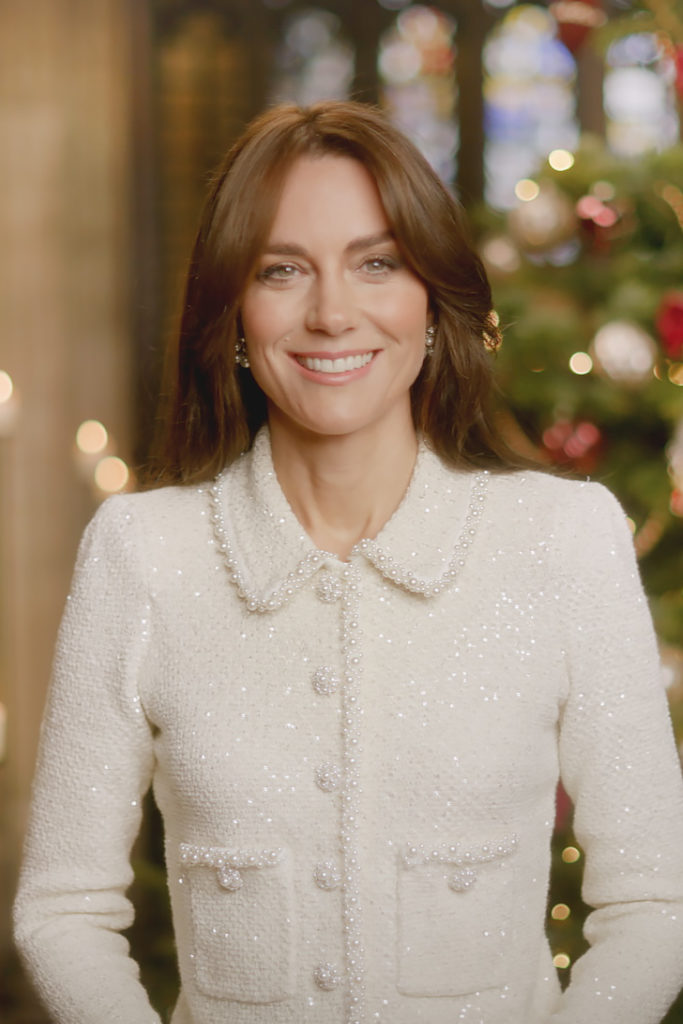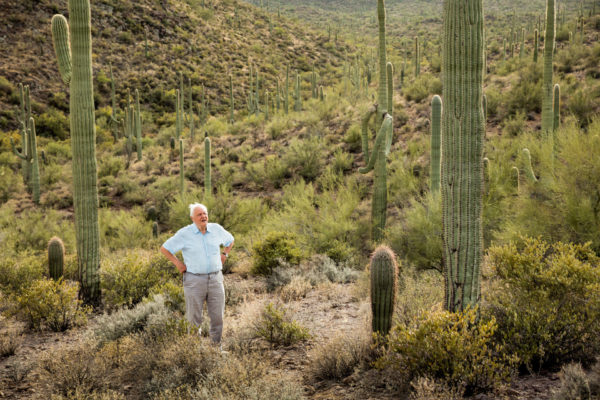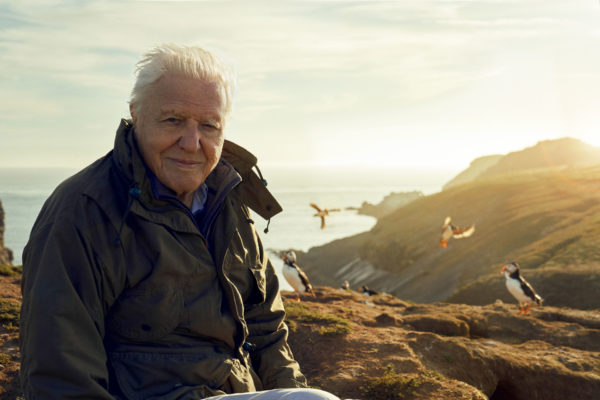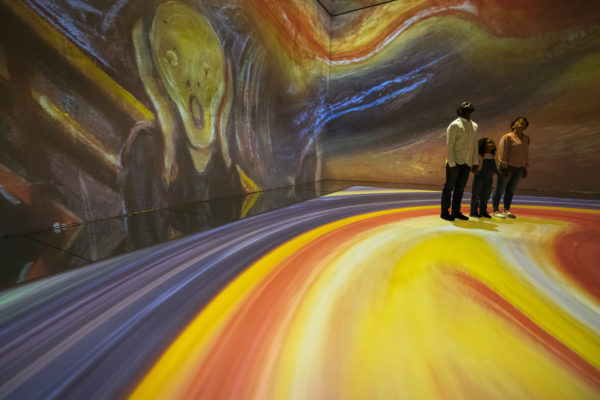This Is What The End Of The World Could Look Like
By
2 years ago
A new BBC series uses CGI to recreate a catastrophic atmospheric event that happened 250 million years ago
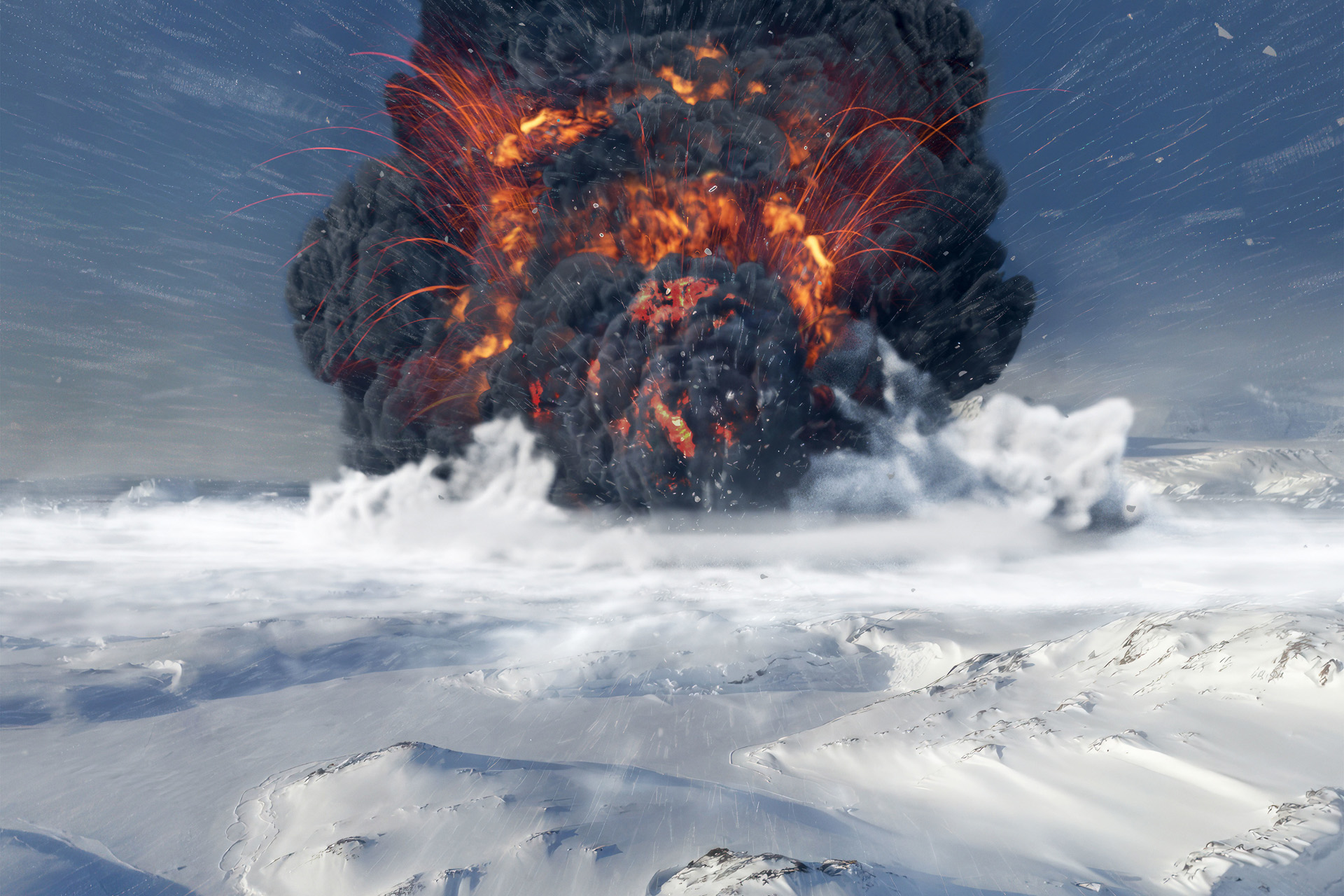
A new BBC series, Earth, uses cutting edge-technology to recreate the climate event that wiped out the majority of the planet’s species 250 million years ago. Series presenter Chris Packham told the Guardian he hopes the ‘terror factor’ of the series will ‘spur us on to do something’ about the climate crisis we are currently facing.
BBC Series Earth Uses CGI To Illustrate A Catastrophic Climate Event
The premise of Earth is to tell the 4.5 billion year ‘biography of Earth’ across five 60-minute episodes, exploring ‘seemingly insurmountable challenges’ that our planet has historically faced, according to the BBC. ‘It’s not a chronological treatise of its existence,’ Packham says. ‘It picks the most important parts of its history and it’s full of surprises.’
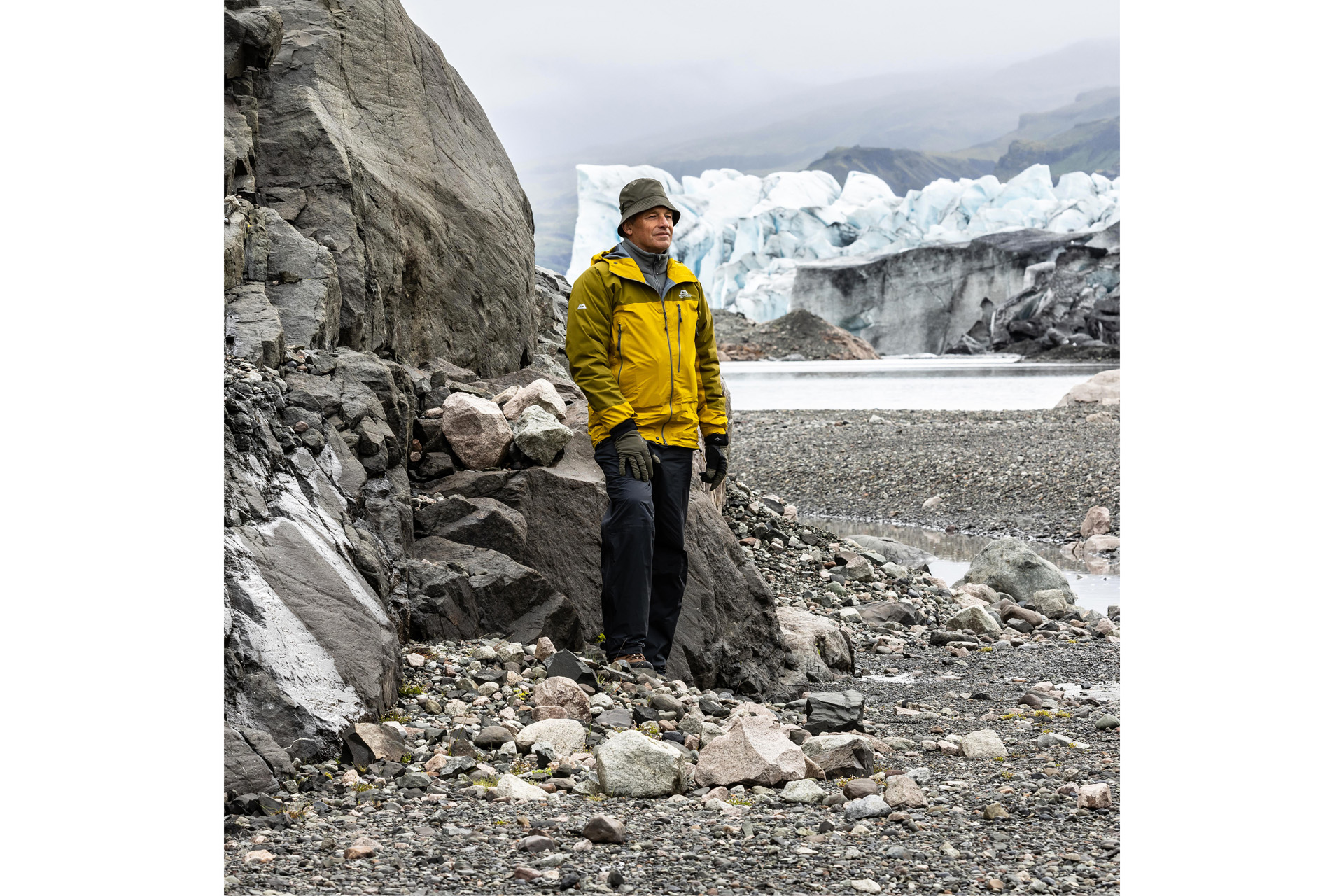
Chris Packham at Glacier Bay, Breiðárlón, Iceland. © BBC Studios
With the help of technology, viewers will witness the atmospheric change caused by supervolcano eruptions 250 million years ago, contrasted directly with the human-caused atmospheric changes we see today. Packham describes the latter as ‘destabilising’ Earth’s protective atmosphere ‘with terrifying rapidity’.
The cataclysmic event – also known as the Siberian Flood Basalts, which occurred in the pre-dinosaur Permian period, lasted 1 million years, wiped out 96 percent of marine species and 70 percent of land species, caused temperatures to rise 10°C, and potentially destroyed the ozone layer – is recreated using visual effects informed by the latest scientific discoveries and the expertise of over 200 leading palaeontologists, geologists, climatologists and other specialists, along with details scoured from thousands of peer-reviewed scientific journals. While the supervolcano event is not directly comparable to manmade atmospheric change, Packham considers whether ‘our species […] wants it on its conscience that it messed it all up’.
Earth will balance the natural history of programmes like David Attenborough’s Planet Earth with Brian Cox’s more space-focussed series, Universe. In 2021, Cox made the haunting statement – based on the ‘Goldilocks theory’ that very specific conditions on Earth might have made humans the only sentient beings in the universe – that, ‘if our civilisation doesn’t persist, for whatever reason, and it might be an external event or it might be our own action, nuclear war, whatever it is we decide to inflict on ourselves, it is possible that whoever presses that button eliminates meaning in a galaxy forever.’
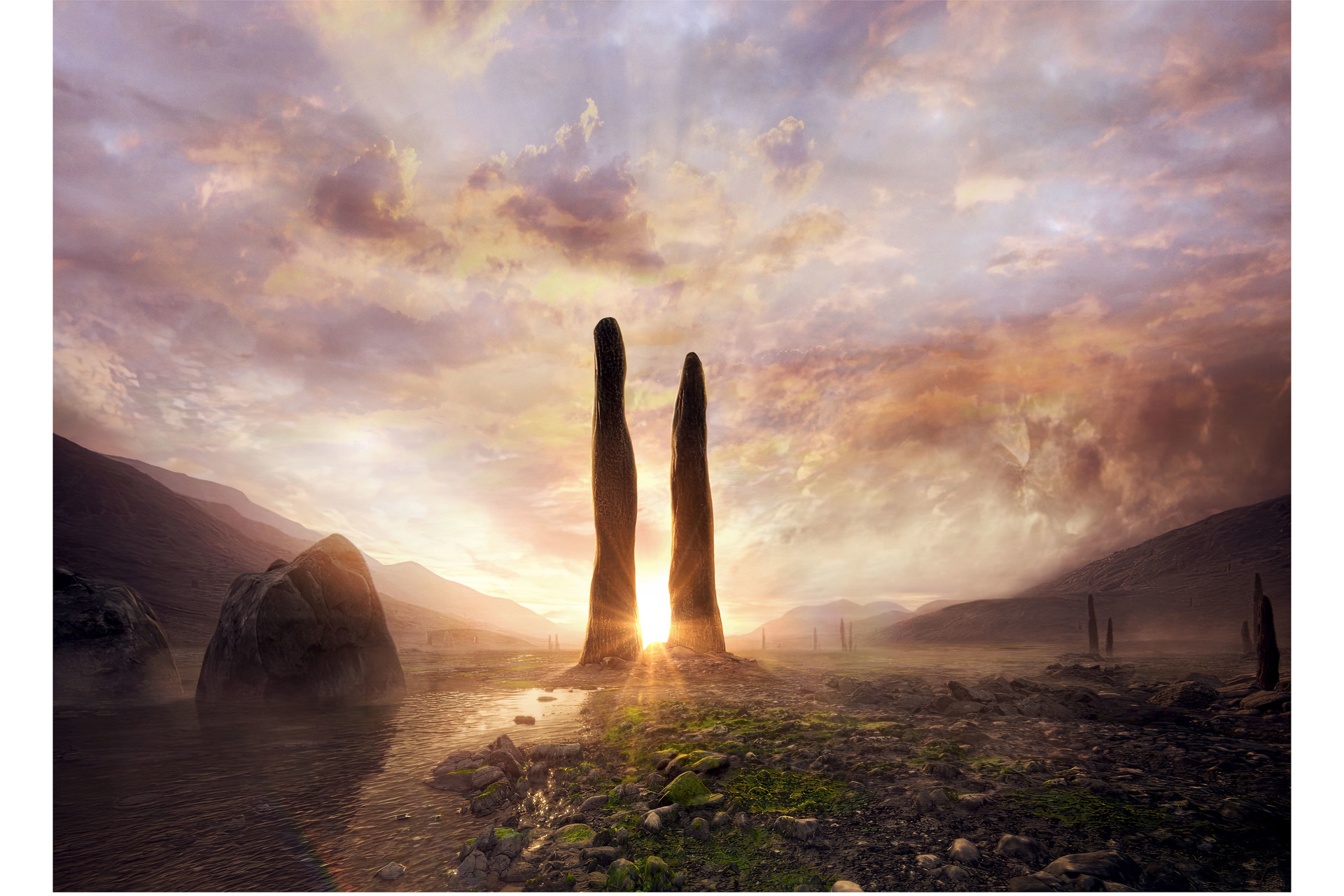
A staggering 8 metre tall fungus, Prototaxities that towered over plants 430 million years ago. © BBC Studios
Packham believes the ‘tenacity of life’ to be the most striking takeaway from the series, which starts next Monday on BBC Two. ‘Whatever [has been thrown at this planet], even interplanetary things when the planet has been hit by asteroids, life just doesn’t give up,’ Packham told the BBC. ‘It finds a means of surviving and prospering, and that’s very reassuring given that we’re in the process of doing enormous damage to the planet ourselves at this point in time.’
Packham hopes the series will help viewers realise how incredible our planet is – and how important it is to protect it. ‘There’s nothing else like it,’ he told the BBC. ‘It’s so unbelievably valuable, we can’t take it for granted in any way, shape or form.
‘We’re so fortunate to be here as a species given the capabilities that we have,’ he added. ‘We’ve got to look after it. […] As a species, we’re enormously intelligent, adaptable, creative. We can do wonderful things. Let’s do them now. Let’s focus on the wonderful things and stop doing the bad things.’
Earth starts on Monday 17 July at 9pm on BBC Two and BBC iPlayer.



